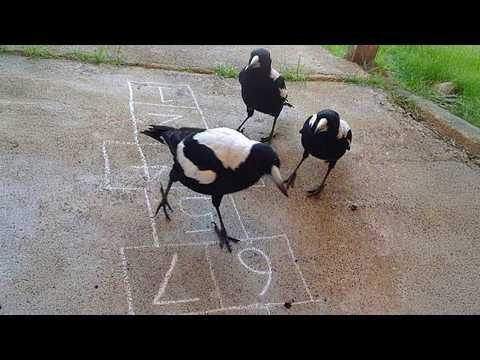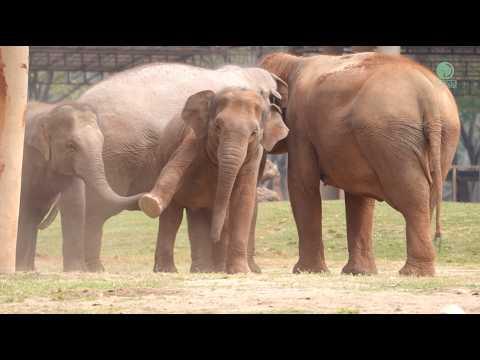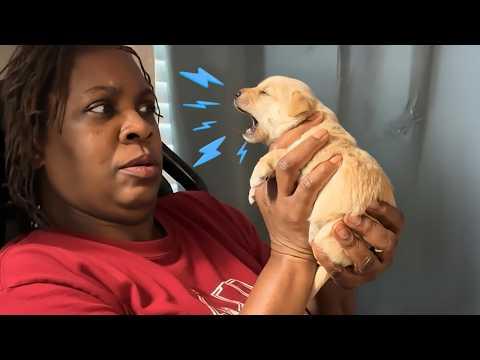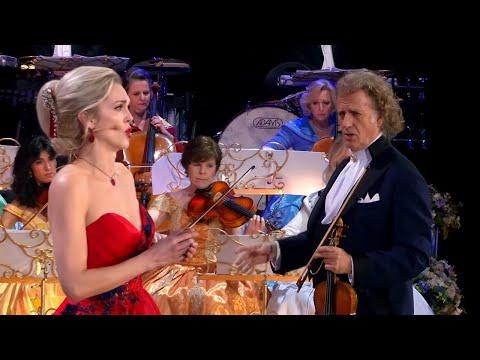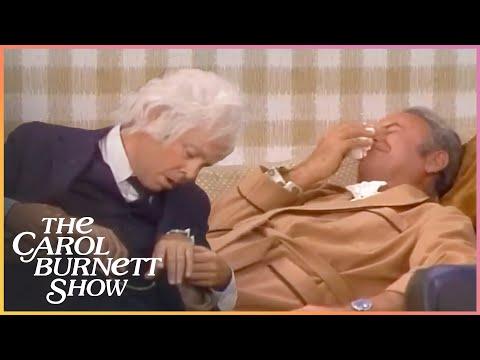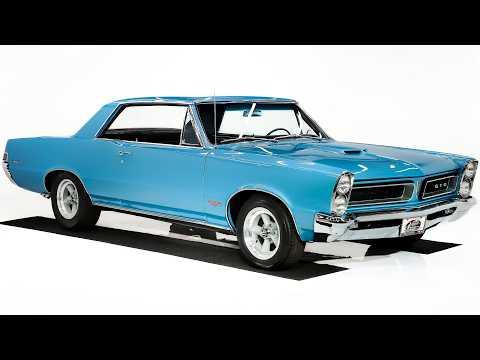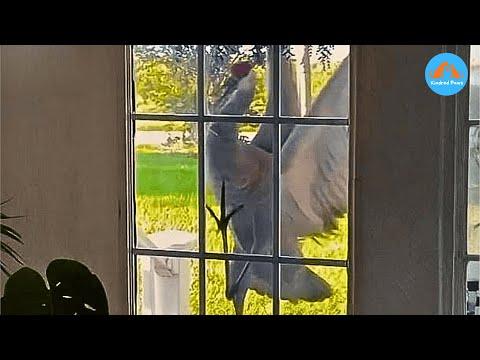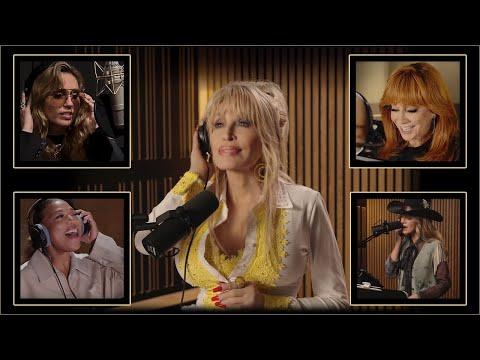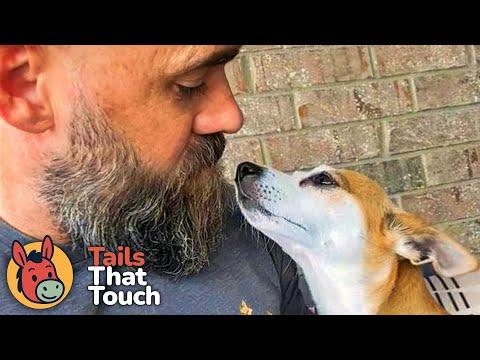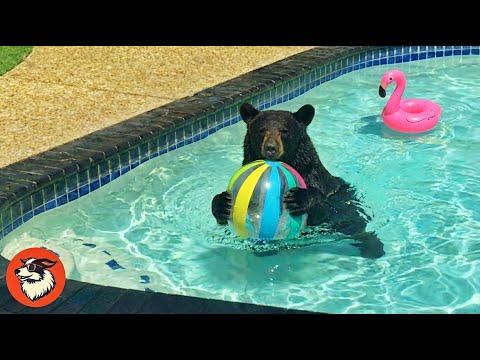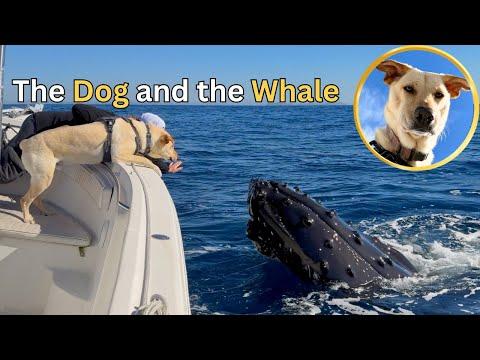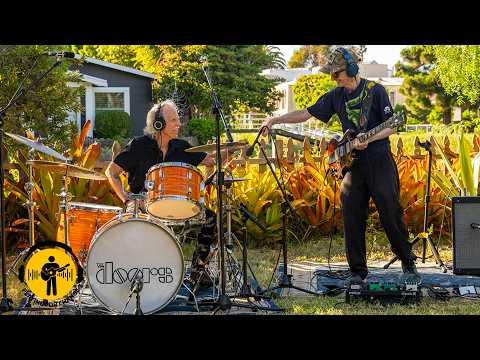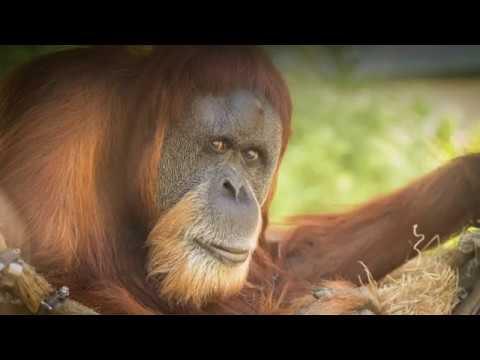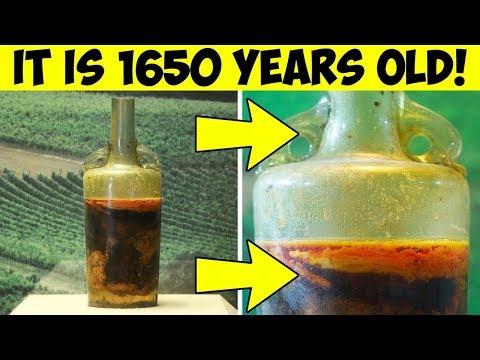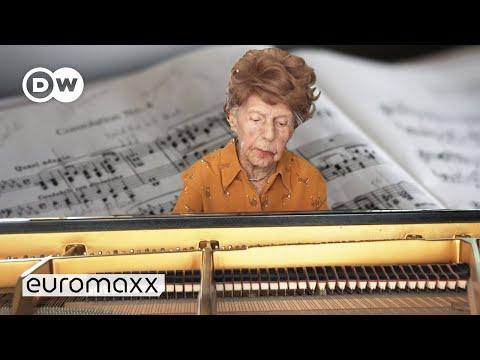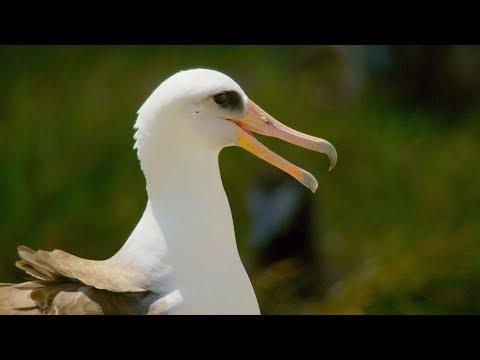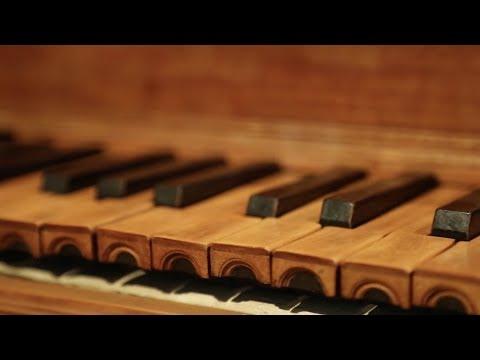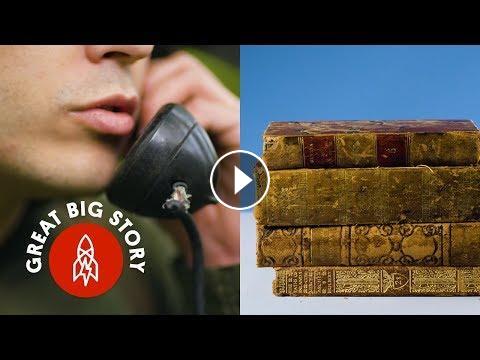While there are more than 7,000 languages spoken around the world, many are in danger of dying out. In this reel, we’re learning new tongues and meeting people trying to save languages ranging from Osing to Quechua.
Video Script::
[Music] of the roughly 7,000 languages spoken and signed on earth about 500 of them are currently at risk of disappearing as the number of native speakers dwindles this is the story about one man dispatching an army of volunteers to record these languages before it's too late my name is Daniel and I'm the co-founder and director of wiki tones a non-profit powered by more than a thousand volunteers around the world working to preserve promote and pass on every language to the next generation every day hundreds of volunteers around the world are recording videos Pendleton Justin 1880 Sima Ascona yahwah Iguala kata a loogey Aronian i help keep track of all of these videos as they're submitted so that they can be reused for educational and cultural purposes New York is very important to linguistic diversity New York is by most statistics the most linguistically diverse city in the world there are as many as 800 languages spoken in and around the five boroughs in many cases it can be easier for communities to maintain their languages here than it is to maintain their languages at home today we're gonna meet up with wiki tongues volunteers who are going to be taking us through different parts of New York so we're gonna speak on wiki tongues focuses on recording oral histories which is a fancy way of saying talking about yourself and your culture sometimes people barely talk about their language at all and they just talk about their daily job in their language of course sometimes people talk about the history of their language in their culture my name is Elfie Goliad I will speak our language met upon Amma Elfie Goliad Vitale read oboe Doughboy - depalo aru tempat Vitali logic on the wiki tongues approaches record everything and classify it later what I do is make sure that all of that content gets tracked and archived so it does get lost and so it can be used for posterity and in the long term definitive wiki tons has recorded over four hundred and thirty-five languages from over 70 countries that number changes every day there are plenty examples of languages being brought back from the dead there's Cornish there's Hebrew there's Tunica all of these languages had one thing in common when the last native speaker died there were materials for the cultural descendants to bring them back and so building an open archive of every language in the world is not just a way of an during that people today can promote and teach their languages to the next generation it's a way of ensuring that future generations can revive their languages even if they go extinct there are only about a hundred and fifty speakers of the Ocracoke broke now and they all live on one end of this barrier island on the coast of North Carolina which is basically an enlarged sandbar within the next 50 years the brogue will disappear or you'll resign so we're laughing our water far tonight moonshine no fish the dialect on this island is sometimes referred to as boy toy ters which is their pronunciation of high tide toyed on a sinusoid high tide on the sinusoid in the United States the Ocracoke brogue is probably the only dialect that is not identified as being from America I do would have a lot of people that think I'm from Australia or or IRA yeah you can even see sea crabs you know the first people came here from England and Ireland Scotland it's just a nice lady I'm from Mill Creek Oh I am the tenth generation in my family from Ocracoke that goes back to the mid sixteen hundreds the reason this dialect was perpetuated for a couple of centuries was because the people were very isolated they didn't have much contact with with people from the mainland Ocracoke is an island that has always lived around the water daddy many of the unique items particularly the vocabulary items are built around the water and the sand and the weather we had blowing really hard uses blow is blown Harding a pop car die die you know you taking a ride around the island you just take that little when we come out here and we is blowing really hard and we take a big I take a bad beating then you could say we'd be mama you also find here lots of terms for outsiders y'all are Dame batters this my wife is from Maryland we've been married 43 years she's still a dingbat that's not a bad thing okay it was basically the ding batters who change the dialect because so many people came in even today there are more off islanders who live here than online Durr now it's changing within time we're all going to lose it you know because of so many people came in it's a part of Harwich that are brighter some people think we talk funny I think that's the way we talk okay it ain't fair enough but get matter I mean that's fine you know [Music] else kahuna he white are you mean hombre Hinata Flores tennoji-sensei knows say cantante yo estoy tratando de preserve our el idioma k2l Quechua su idioma la nostra sente Posadas los incas y tambien no esta Kultura yes idioma ahora esta perdido en el peru let him take in the way and I catch a kuhmo I will similarly the Padres ax oh the discrimination see Sofia del Quechua time in stereo propensity is appreciated in Peru here come and say I can tell the continuously modernist in Quechua my yard mental prowess her Venezuelan escuchar lope and establish no you had a great run ain't nothing new discussing this game instead of saying Quechua a friend of Michael Jackson's in there is a kid [Music] in a concerned a Michael Jackson why were you making it so Masumi young babysitter if we can't get so you know come yourself and more propensity and CEO the apartheid lost colonies new serie antonella's personas they get connect appreciation you [Music] [Applause] [Applause] [Music] [Applause] [Music] [Applause] the non-poor thought here that that is a military code of the Choctaw Nation I can understand it neither could the Germans [Music] our story starts in the Western Front during World War one the Allies are in trouble the Germans had tapped their phone lines and deciphered their codes as the Allies struggled to find a solution one captain overheard two of his native American Choctaw soldiers speaking their mother tongue and the captain overheard the two soldiers speaking their native language they probably thought they were in really big trouble that's new Jena Shobha hi there great-granddaughter one of those two soldiers and president of the Choctaw code talkers Association around this time if I talk to her were caught speaking the language they were liable to be sent away to a re-education program but the captain he had a different idea if I can't understand what they're saying perhaps the Germans won't understand what they're saying the US military began transmitting tactical messages in Choctaw and unsurprisingly the Germans could not break the code not our military terms had a direct Choctaw translation machine gun was little guns shoot fast ammonition was arrows and gas bottle was bad air and due at least in part to the Choctaw code talkers in their neologisms the war ended soon thereafter when you look at how ironic it is for the government to say you can't speak your language but yet they used them to help win World War one that's pretty amazing to me [Music] [Applause]
- Category
- Variety
- Tags
- great big story, gbs, lag, documentary, docs, old languages, languages, spoken, speak, native american, quechua, osing, tongues, pop singer, wwii, around the world, New Releases, Great Big Reels, Biography & Profile, biography, profile, Human Condition


